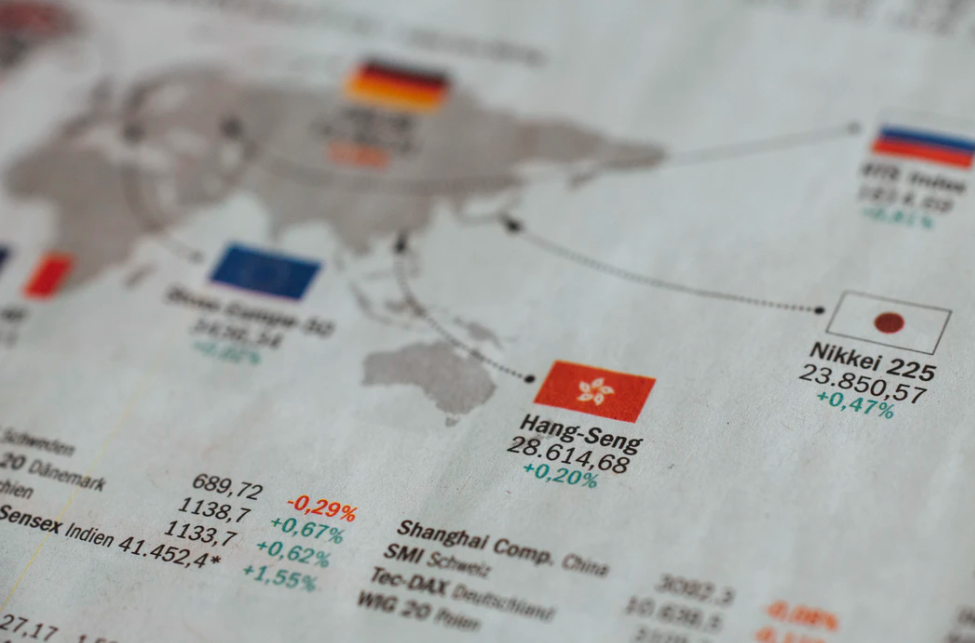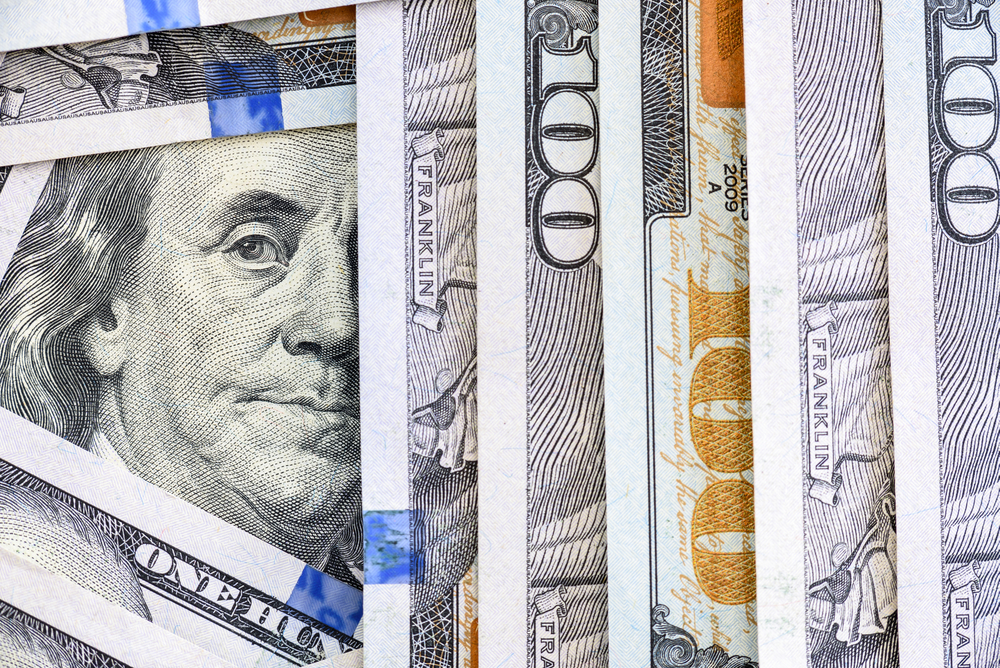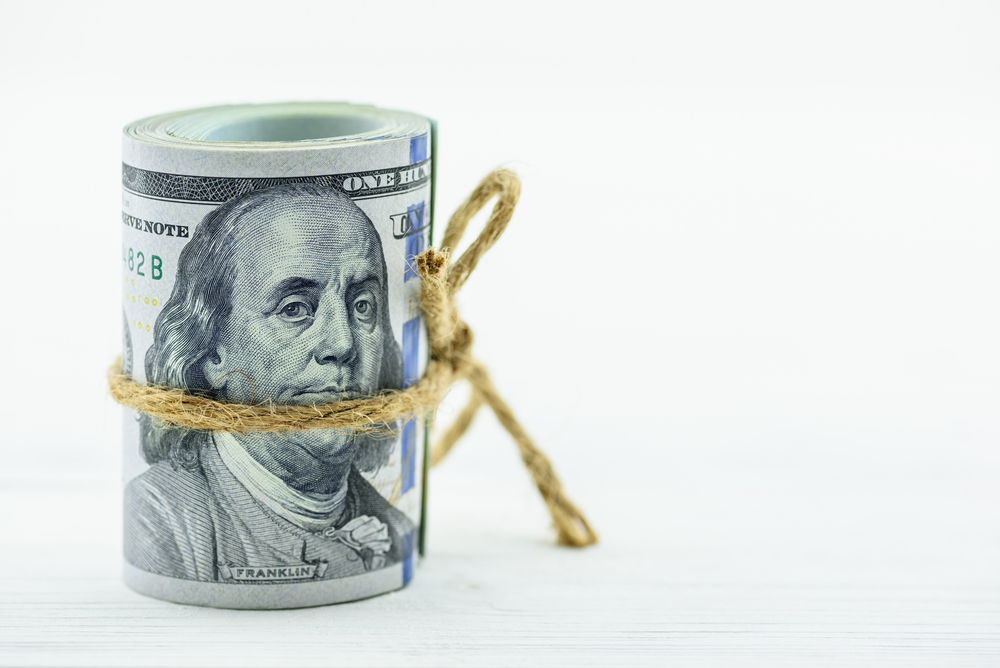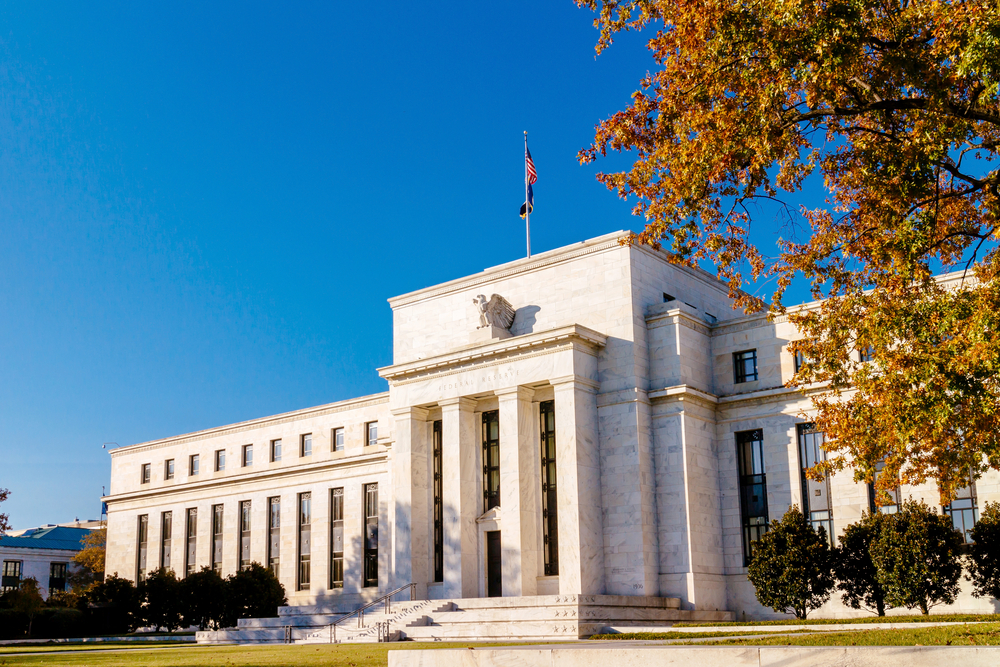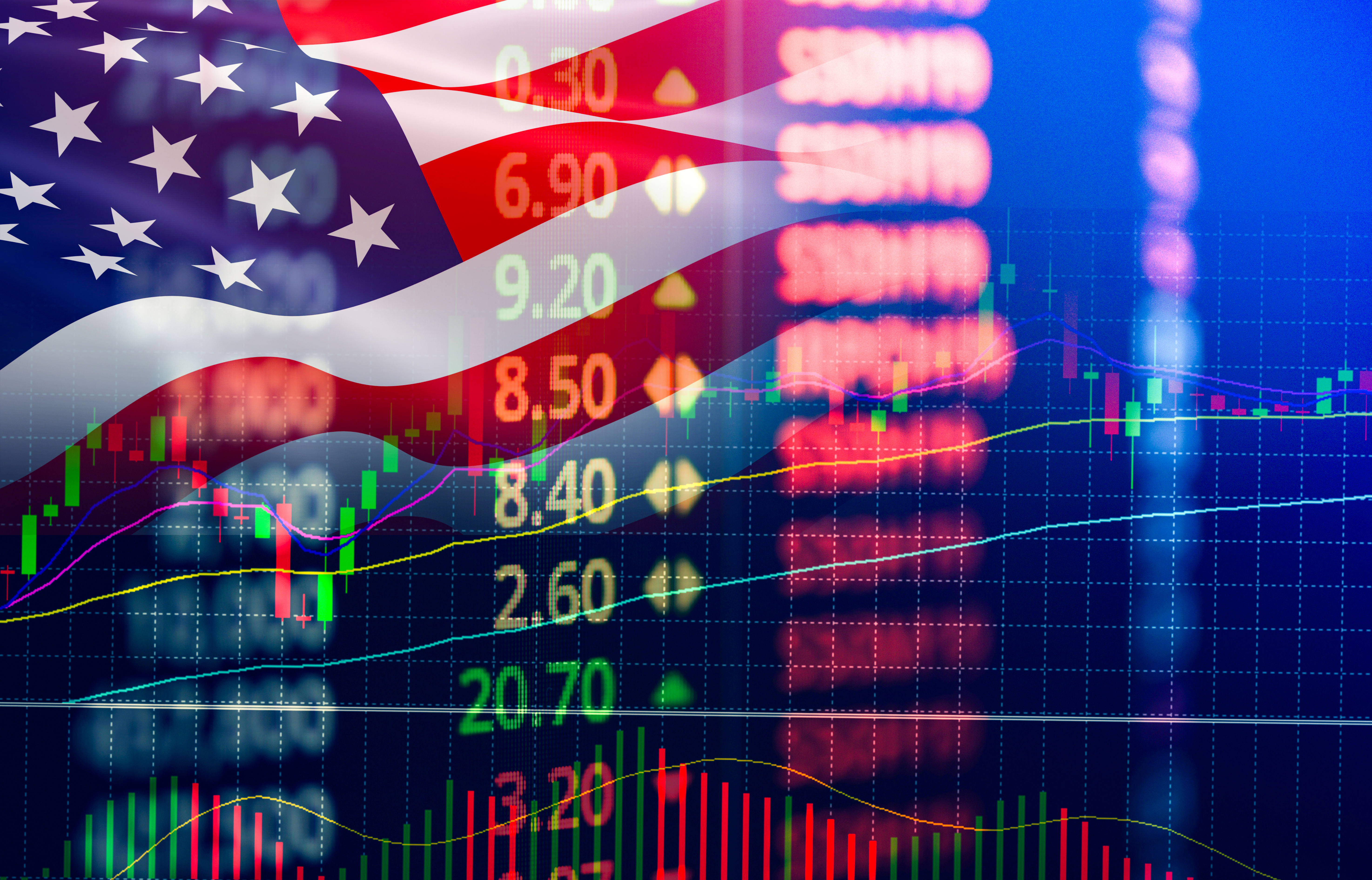Global Stock Markets: Mixed
Although markets, which ended 2020 by meeting the Black Swan effect, made an optimistic start to the New Year, there is significant volatility in asset pricing. Especially in the recent period, stock market indices, where there are a perception of the determination of developed countries' economies, mixed with relative volatility.
Technically, S&P500 index, which closed on January 25 at 3 855 points, opened by 3 851 points, then rose to 3 860 points, and then fell to 3 797 points. On the other hand, EuroStoxx50 index, which opened on January 25 at 3 614 points and consists of a basket of shares of the Eurozone's 50 largest companies, fell to 3 540 after seeing 3 621, and ended the day at 3 553 points. Asia's largest index, Shanghai, fell to 3 564 after testing 3 610 and closed at 3 569 points. In contrast, Nasdaq100 rose 0.69 percent to 13,636 points, a record high.
Coronavirus (Covid-19) was effective in this mixed course in the indices. In more detail, first of all, Democratic President Joe Biden in the United States signed an executive order invalidating former US President Donald Trump's decision to lift the travel ban imposed on the Schengen area, the United Kingdom, Ireland, Brazil and South Africa, as of January 26. President Biden's announcement of a $ 1.9 trillion stimulus package on January 15 raised the stocks. However, Democrat Chuck Schumer, the Senate Majority Leader, said that he intended to pass it safely in mid-March, and thus, he somewhat rasped the optimism of markets.
In addition to the official submission to the Senate of the impeachment clause, which President Trump was accused of 'incitement of insurrection' in connection with the storming of the Capitol on January 6, Janet Yellen, who was approved as the first female Treasury Secretary, emphasized the need for a large stimulus package to stimulate the economy and that the weak dollar should not be a target. On the other hand, in addition to Pfizer Inc and its partner BioNTech SE, AstraZeneca also slowed the supply of coronavirus vaccines, and expanding measures against coronavirus in Asia's largest economies contributed to increased volatility in global stock markets.
In addition to the Biden-era stimulus package, relations with China, the fight against Covid-19 and new tax policies, coronavirus restrictions on the EU, the strengthening euro and the vaccination campaign will determine the permanence of the turbulence in the stock markets in the process. 
The VIX, also known as the fear index, is calculated based on the difference between the buy and sell prices of the options contracts. If the index value is below 10 points, it means that there is optimism in the markets and the investors are eager to take risks, the pessimism starts to increase slightly even if it is considered as the normal range when it is in the range of 10 – 20. When VIX is in the range of 20 – 30, it means that the stress in the markets has started. A score of over 30 means that the investors’ desire for risk-taking is under pressure and asset prices will fluctuate. This data table indicates the period between January '20 and January '21

